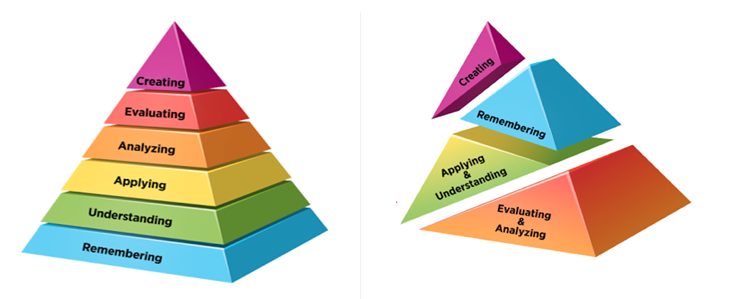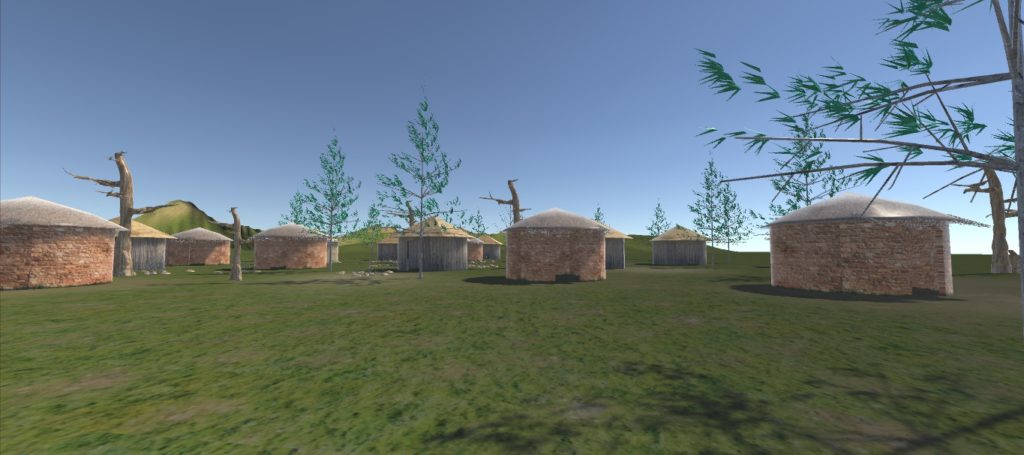Virtual Worlds are a novel approach to education. Afri-one was the winning team from the eLearning Africa Hackathon in 2015. The members, from Congo, Kenya, and Madagascar, had an idea to create a virtual world that represents each of their cultures. Basic daily routines, rituals, and greetings would introduce children to unique features of many tribes around Africa. The aim is to be aware of and appreciate diversity through an educative process to reduce tribalism, conflict and corruption. Although a student could simply learn about another tribe by reading a Wikipedia article and viewing some images or video, by totally immersing themselves in a virtual village, and being assessed by a virtual tribal elder at the end of the journey, is a much more engaging and effective teaching method. With new tools, like Unity 3D, these types of simulations are easier to create and distribute. The Afri-one concept proto-type was designed and built in three days during the eLearning Hackathon.
This approach to learning through simulations and virtual worlds turns traditional Blooms taxonomy of learning upside down because it doesn’t start with basic knowledge and theory without context., which has been described as Gamers’ Bloom; the process starts from analysis and evaluation and moves back to knowledge / facts as needed to solve a problem. Project based learning also takes this approach.

Gamers Bloom upends the traditional learning sequence
